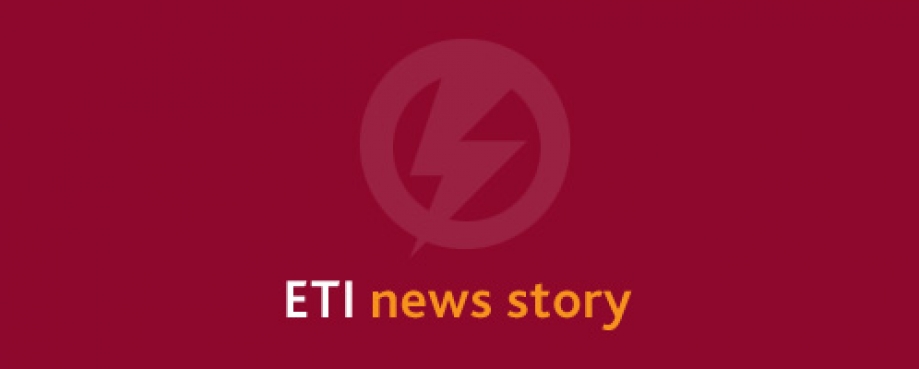
ETI is both shocked and saddened by the devastating factory fires in Pakistan which have tragically claimed so many lives. Our condolences go out to the family and friends of these victims.
More appallingly, these deaths were entirely preventable. This is not the first time that fatal fires have occurred in the garment industry in Asia. Every worker, no matter where they work or in which industry, is entitled to work in a safe environment – yet the reality is often very far from this. To prevent such tragedies in the future, we encourage collaborative efforts between government, business, trade unions and NGOs in addressing decent working conditions, including robust health and safety standards, in the workplace.
We are currently working with our members to establish what we can do to protect the future health and safety of workers in Pakistan and elsewhere.
Listen to Peter McAllister, ETI Director, in an interview on Radio 5 Live (Scroll to 1hr:26:30 - available until 18 September 2012)
